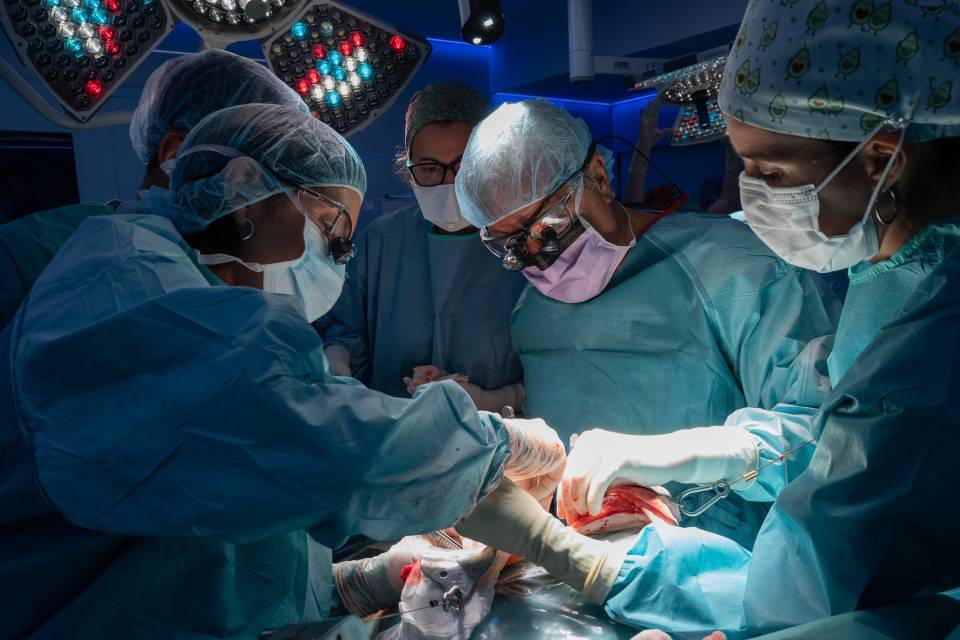Substantiated information by:

Constantino Fondevila Campo
General and Digestive Surgery
General and Digestive Surgery Department

Eva López Benages
Nurse Liver Transplant Unit
Gastroenterology Department

Miquel A. Navasa Anadon
Hepatologist
Hepatology Department

Raquel García Muñoz
Nurse Liver Transplant Unit
Gastroenterology Department
Published: 20 February 2018
Updated: 20 February 2018
Subscribe
Receive the latest updates related to this content.
Thank you for subscribing!
If this is the first time you subscribe you will receive a confirmation email, check your inbox
An error occurred and we were unable to send your data, please try again later.












